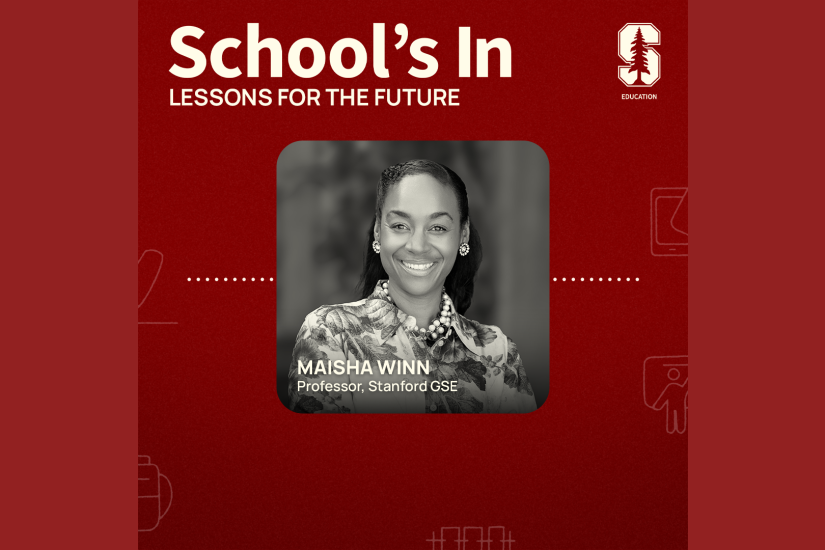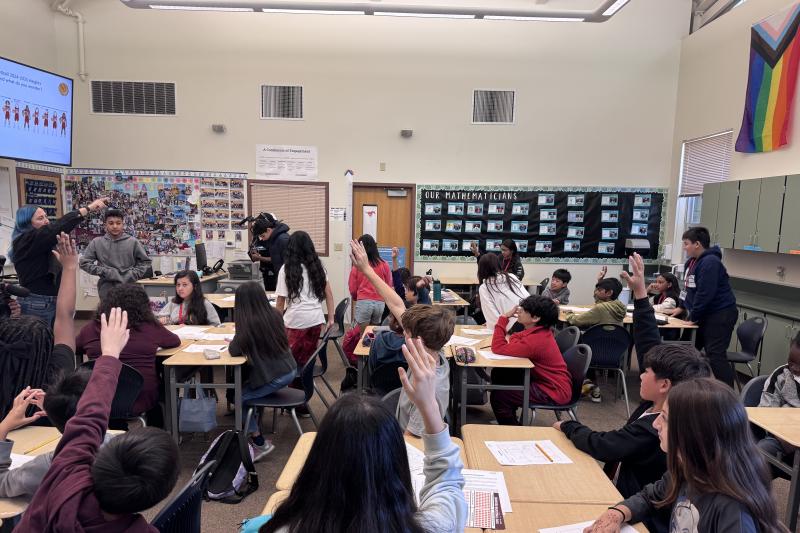
Books to read over winter break
Dreaming of a warm winter indoors with a good book but don't know where to look? From a children's book about self-love and a story about finding innovation in rural China to a coming-of-age novel set in the distant past, Stanford Graduate School of Education faculty have you covered.
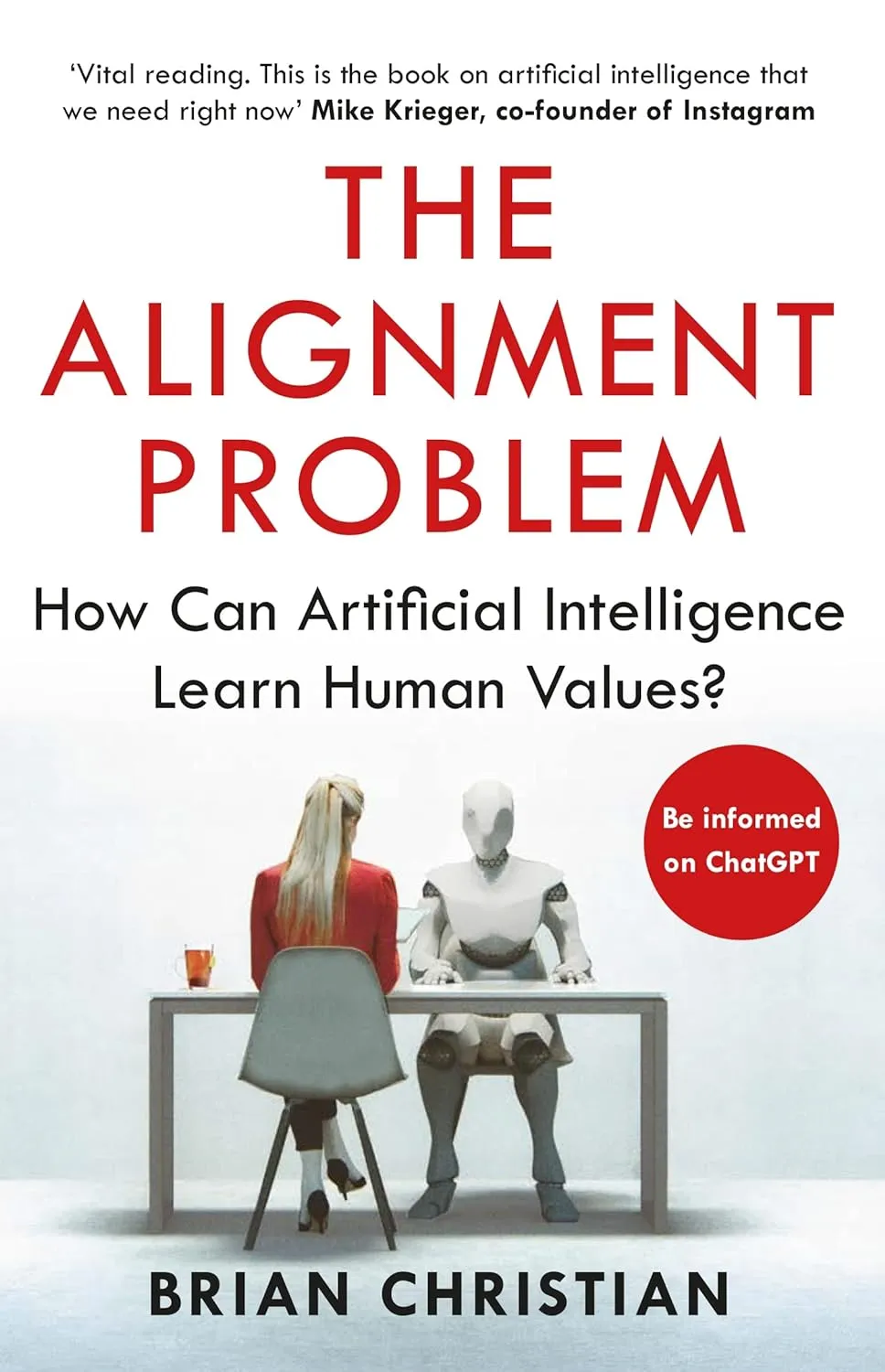
The Alignment Problem, by Brian Christian
"This engaging, accessible, must-read book provides an insightful analysis of globally expansive efforts to build artificial intelligence systems, especially machine learning systems, that are aligned with human values. The book is informed by interviews with experts doing this work and adjacent policymakers, social scientists, and journalists."
— Roy Pea, David Jacks Professor of Education & Learning Sciences
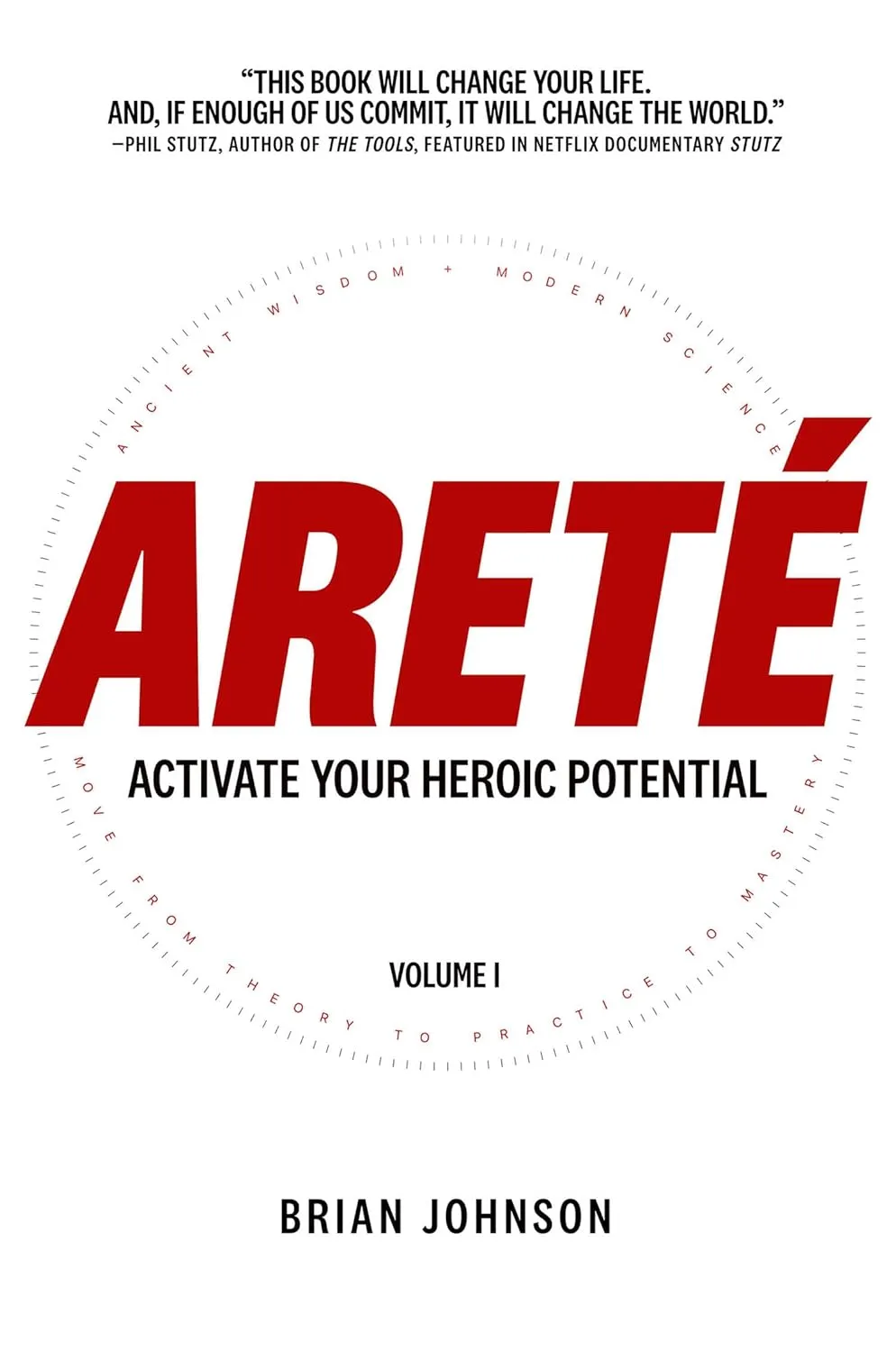
Areté: Activate Your Heroic Potential, by Brian Johnson
"The book offers cutting-edge psychological and philosophical guidance for developing one’s full potential. It does this with a clear moral compass throughout."
— Bill Damon, Professor
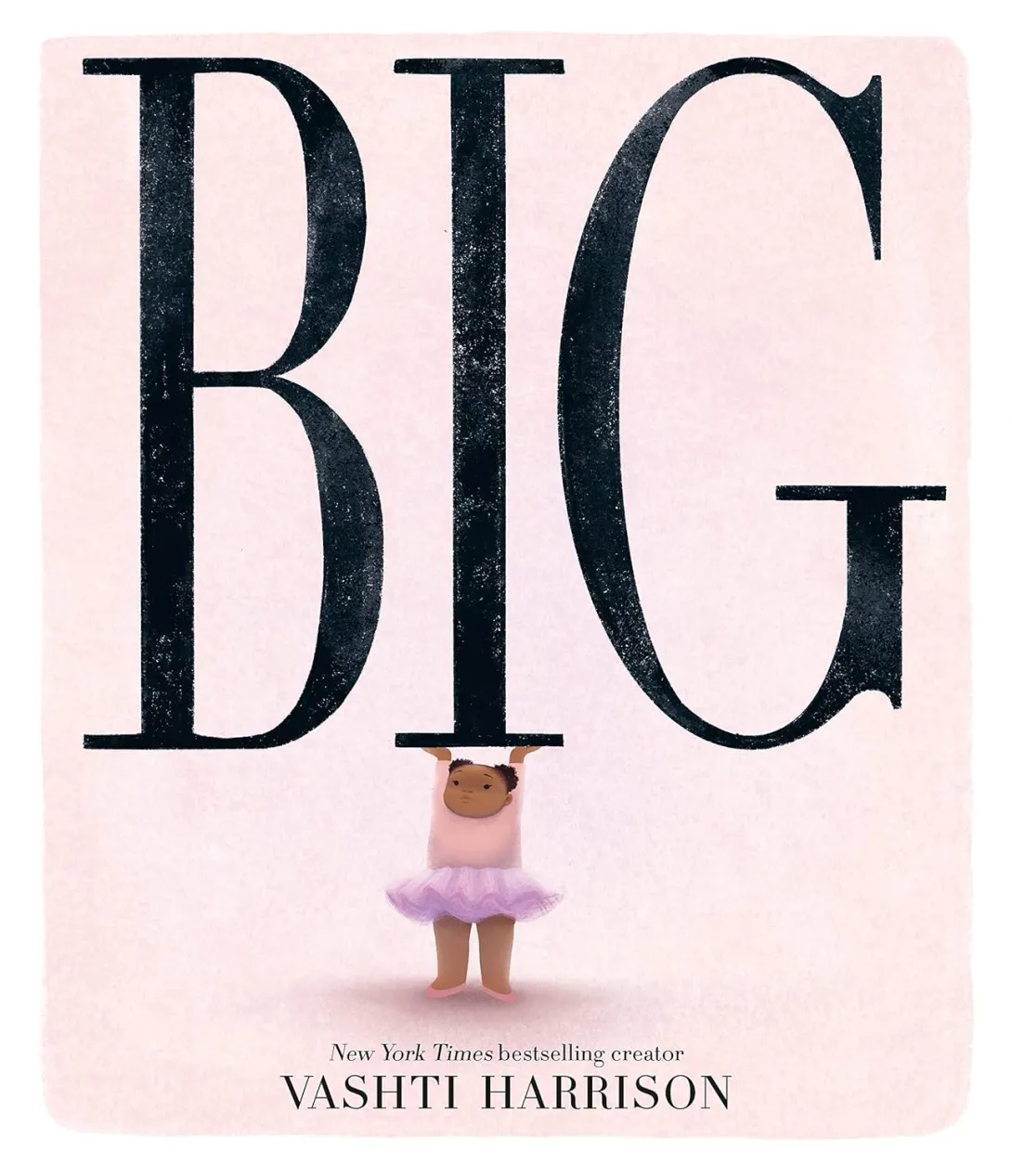
Big, by Vashti Harrison
"This was the children's book I needed when I was younger. It portrays the experiences of a big Black girl and how such girls experience both adultification and invisibility. With rich illustrations and a joyous healing message, Big is an important book for all children, particularly during the holiday season as children grapple with body positivity and self-love."
— Anne H. Charity Hudley, Bonnie Katz Tenenbaum Professor of Education and Associate Dean of Educational Affairs
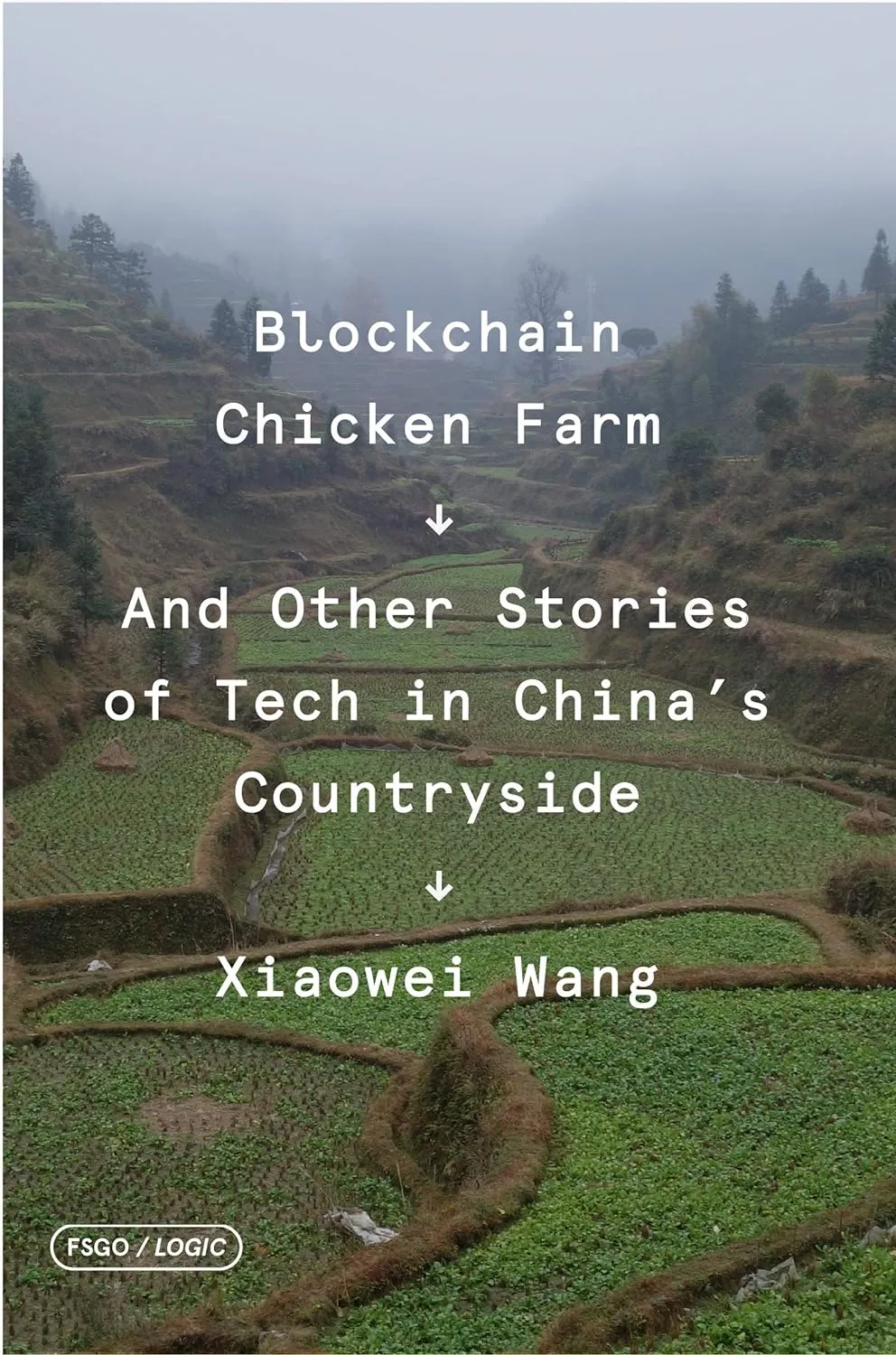
Blockchain Chicken Farm, by Xiaowei Wang
"This book shows how technology is seeping into every corner of life, including such places as chicken farms in remote reaches of rural China. It's a wonderfully well-written and wise commentary on how technology is shaping not just the future but the present."
— Geoffrey Cox, Lecturer and Senior Associate Dean for Finance and Administration

Butt or Face?, by Kari Lavelle
"I've read this book approximately several hundred times and the star-nosed mole gets me every time. This book is exactly what the title suggests. It will stump even the most august and well-read of non-zoological academics."
— Antero Garcia, Associate Professor
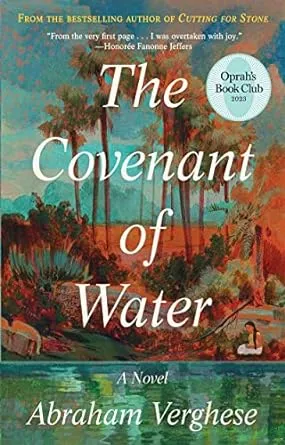
The Covenant of Water, by Abraham Verghese
"Beautifully written, the book evokes a sense of time, the sensual experience of being in nature, and the passage of cultural histories across generations."
— Elizabeth Kozleski, Professor
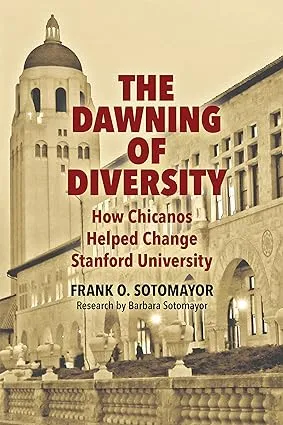
The Dawning of Diversity, by Frank O. Sotomayor
"This book chronicles how early efforts to diversify Stanford were carried out by a small group of 71 Mexican American students admitted to the university, and how their efforts to recruit and retain other students ultimately led to greater diversity of Mexican Americans at Stanford. It's a revealing journalistic story of how diversity in American elite universities has come about often by the students themselves."
— Amado M. Padilla, Professor and Associate Dean of Faculty Affairs
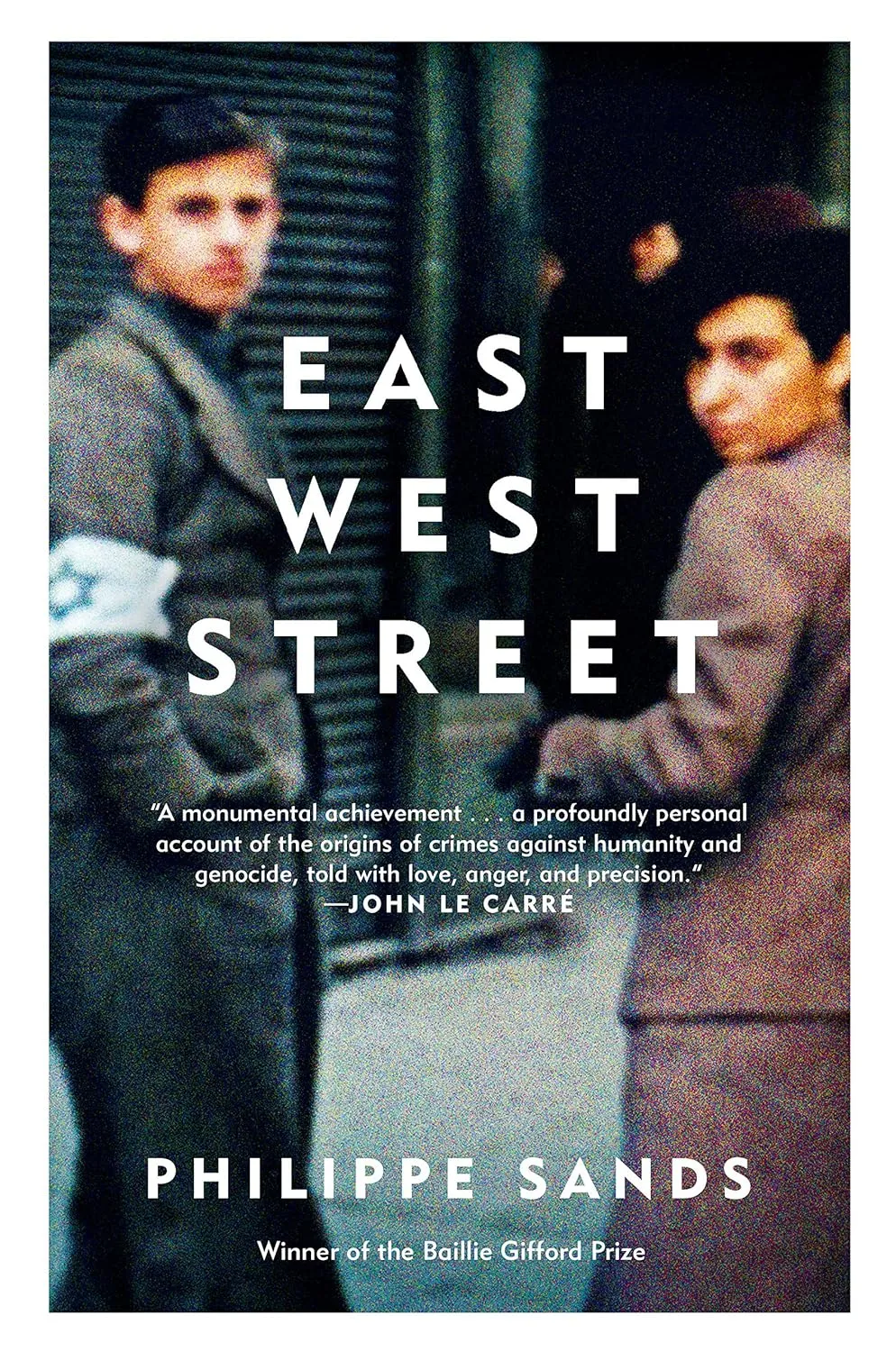
East West Street, by Philippe Sands
"It is a beautifully written story of family, place, tragedy, the Holocaust, and the birth of human rights."
— Ari Y. Kelman, Jim Joseph Professor of Education and Jewish Studies
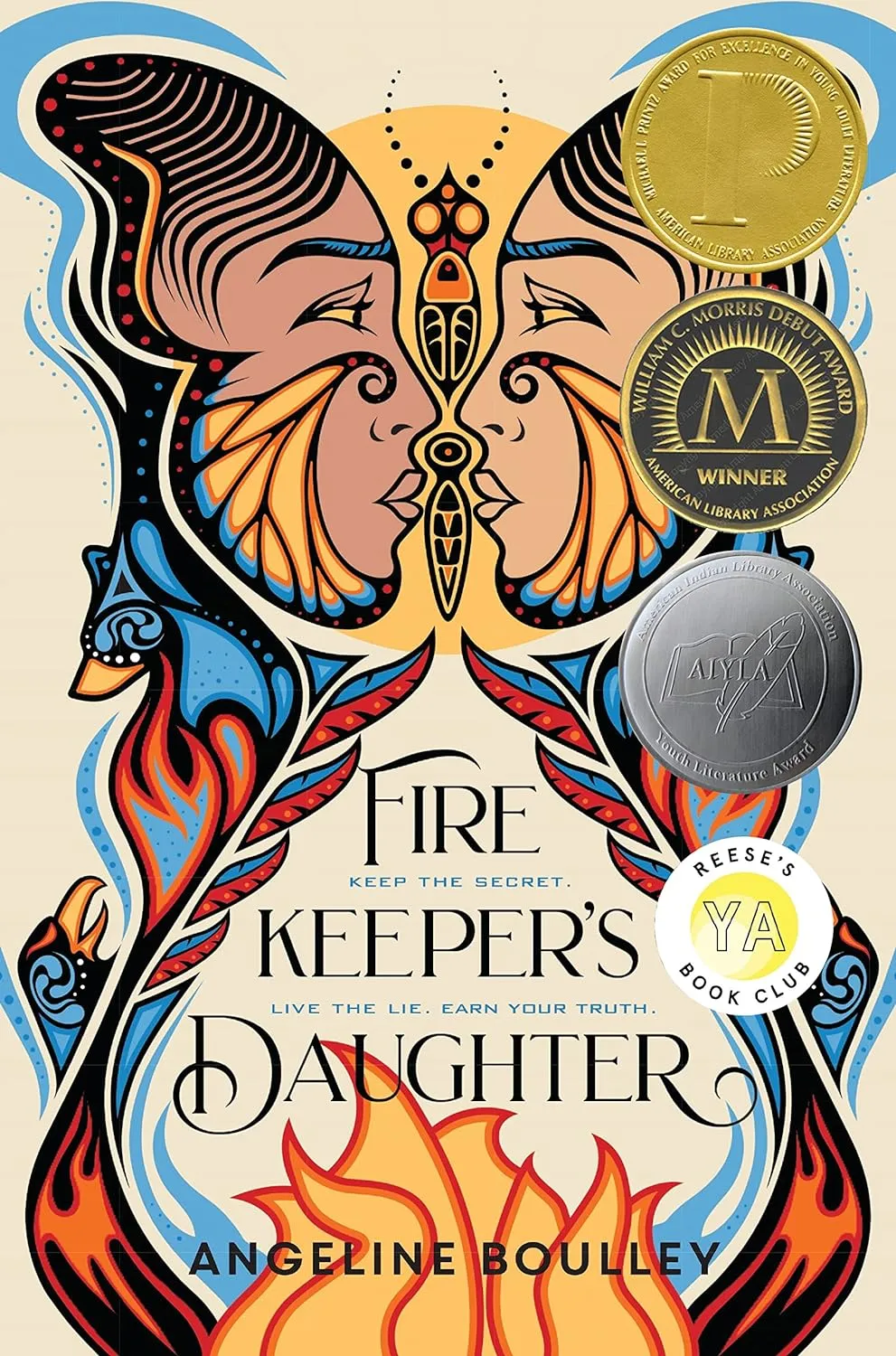
Firekeeper's Daughter, by Angeline Boulley
"The favorite read of The Young Adult Novel classes for the past two years. It's also the winner of the Printz Award for best novel for young adult readers, and the book's Native American author offers an indigenous female athlete protagonist."
— Jennifer Lynn Wolf, Senior Lecturer and Director of Undergraduate Programs
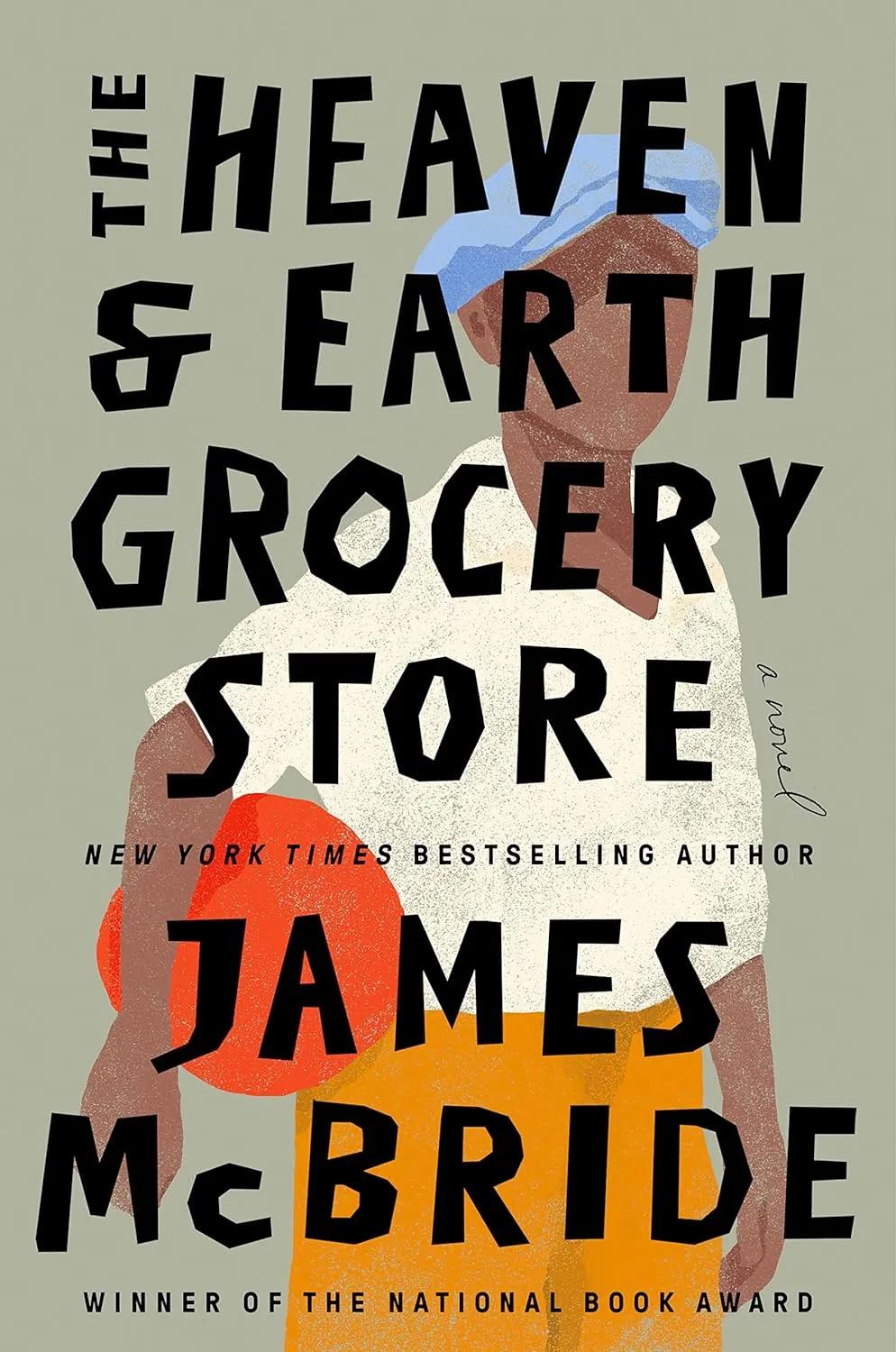
The Heaven & Earth Grocery Store, by James McBride
"A tale about Pottstown, Pennsylvania; immigration; racism; and the human spirit. Great characters, great plot."
— Philip Fisher, Excellence in Learning Professor of Education
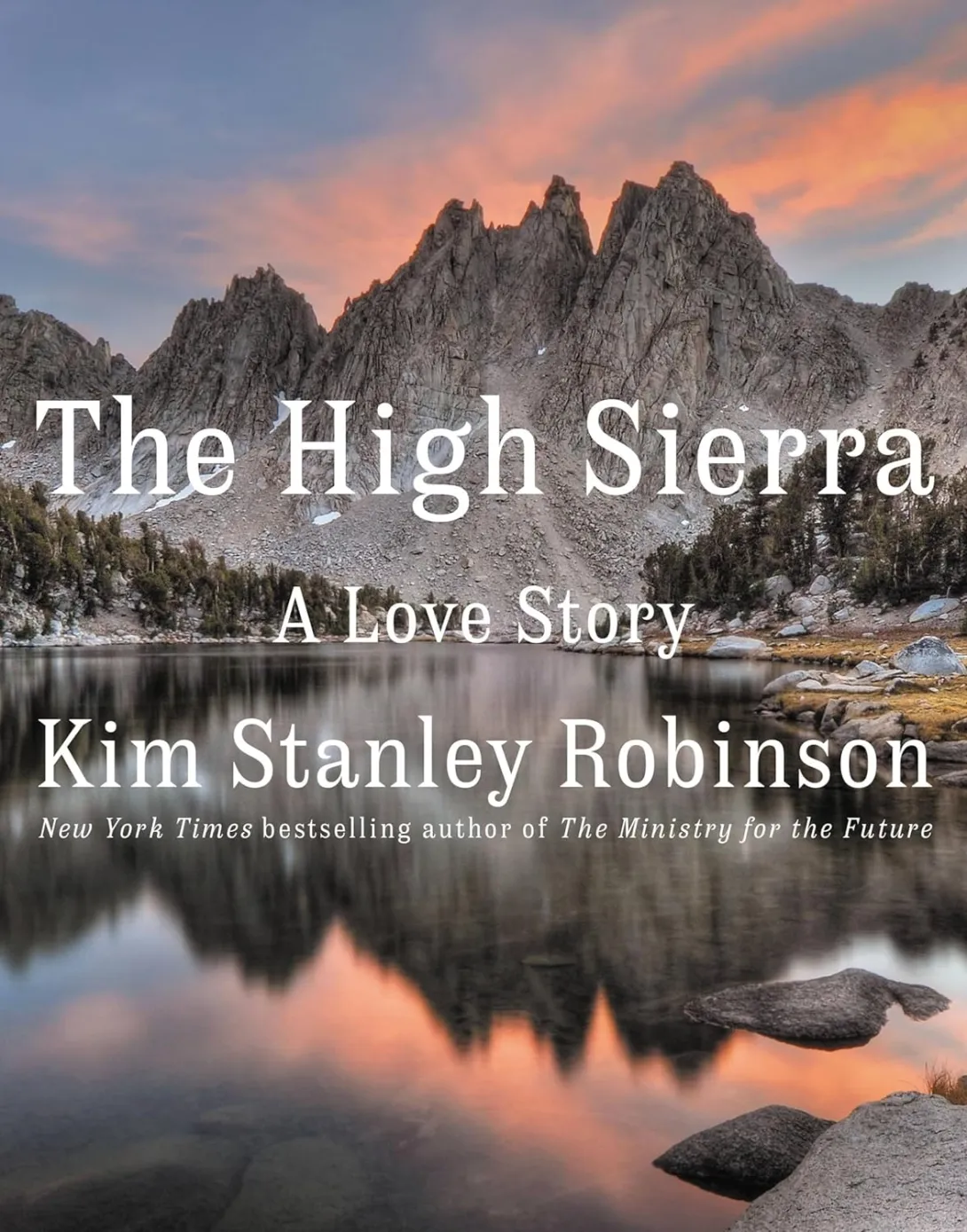
The High Sierra: A Love Story, by Kim Stanley Robinson
"Parts of this book felt like the author was reading words written on my soul. The High Sierra is a magical place, and this book captured that for me."
— Ben Domingue, Associate Professor
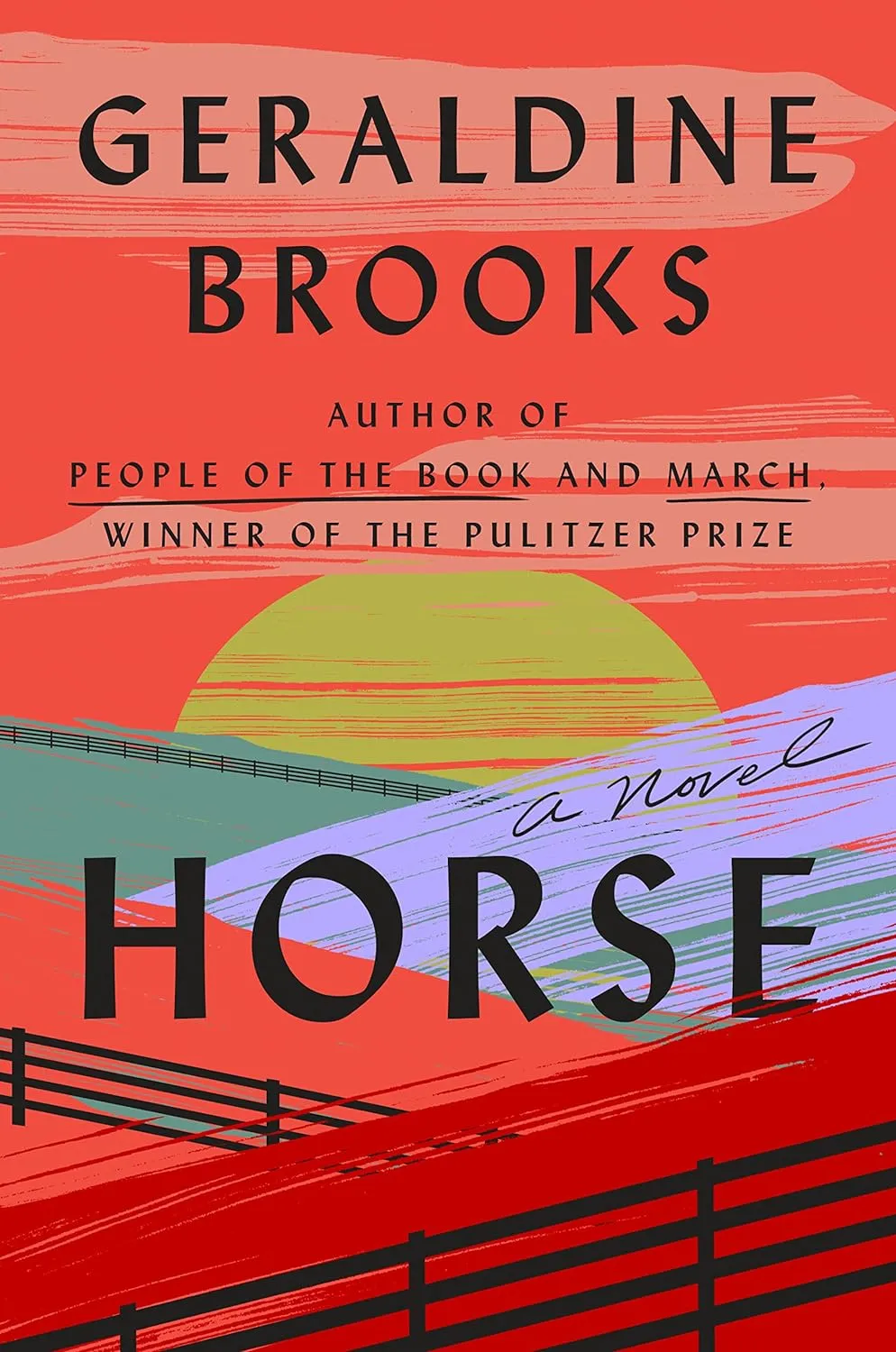
Horse, by Geraldine Brooks
"A heartwarming historical novel about a race horse named Lexington and his bond with his Black enslaved caretaker, Jarrett."
— Ann Porteus, Senior Lecturer

How Reason Almost Lost Its Mind, by Paul Erickson et al.
"A spectacular account of the implication of Cold War politics in the development of scholarly discourse."
— Mitchell Stevens, Professor
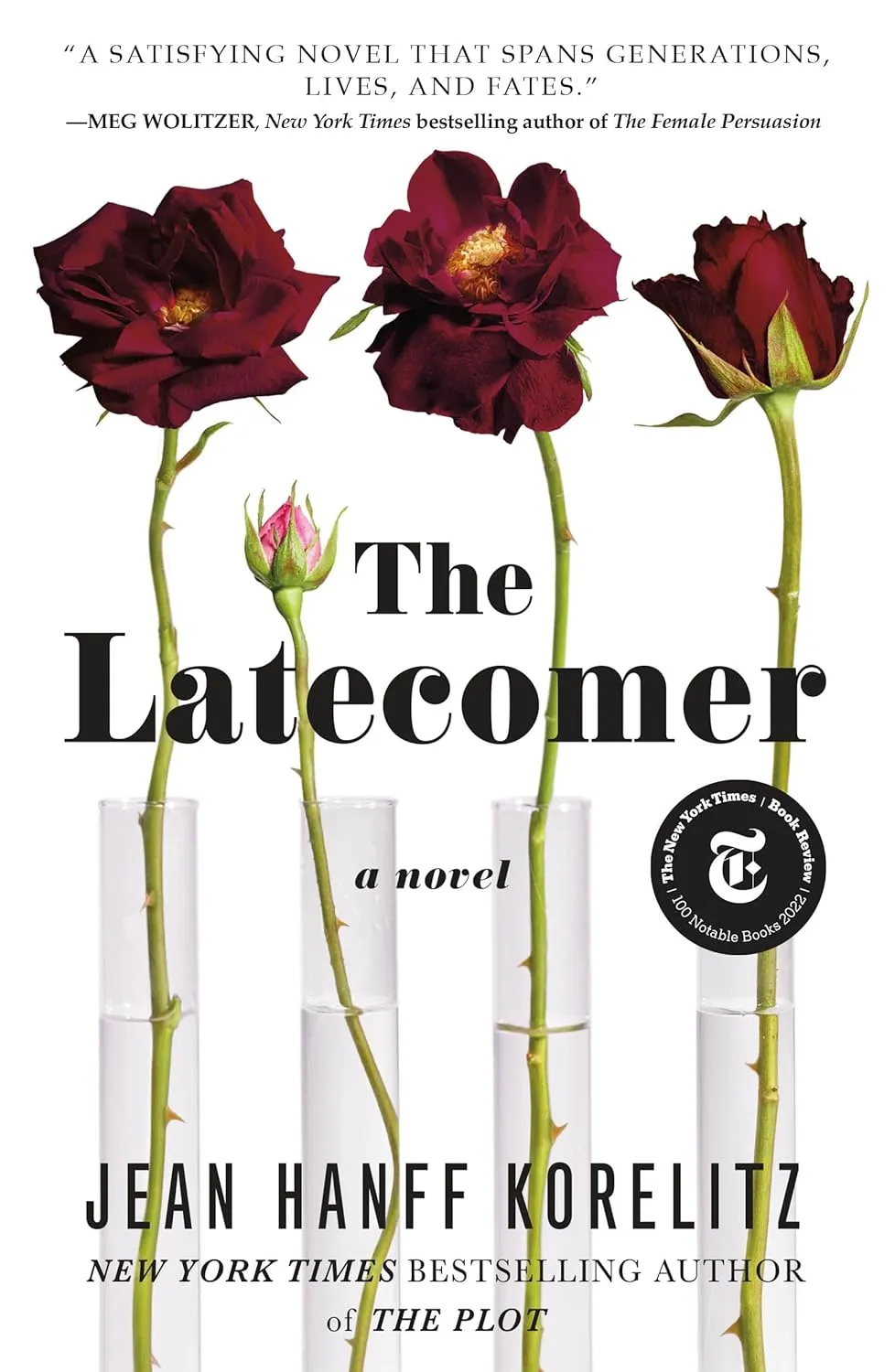
The Latecomer, by Jean Hanff Korelitz
"A story about a complicated and dysfunctional family weaved together with issues of class, religion, race, and art. I liked this book for the sharp humor and interesting characters. Even when the characters are at their worst, you can't let them go and will want to know how this tragic mess is going to develop."
— Sanne Smith, Lecturer and Director of the Education Data Science master's program
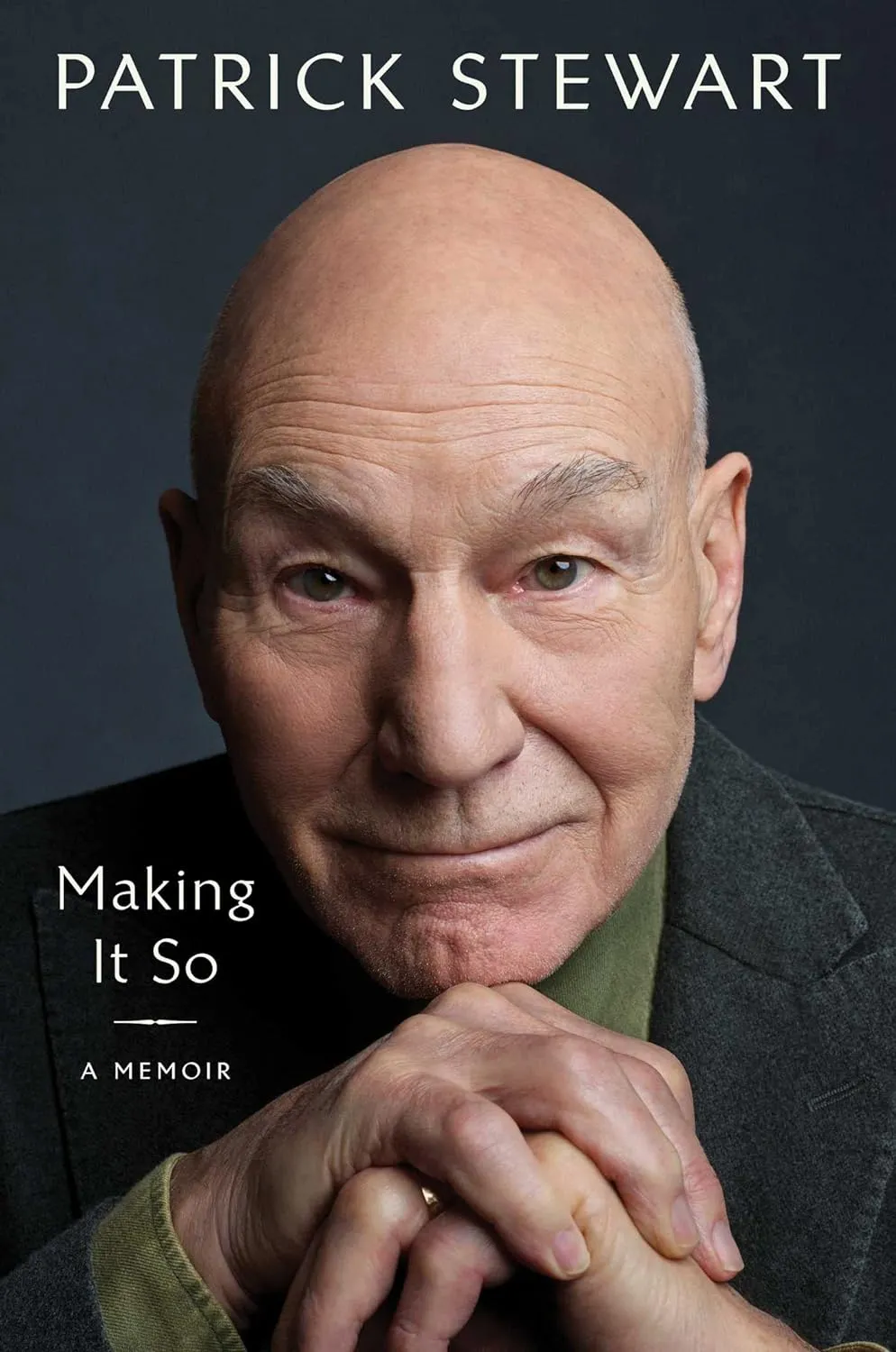
Making It So, by Patrick Stewart
"As a STEM educator, ‘Star Trek’ holds a special place in my heart. This memoir from Patrick Stewart, who played Captain Jean-Luc Picard in ‘Star Trek: The Next Generation’ and ‘Star Trek: Picard,’ tells about how he went from a working class kid in England to a famed Shakespearean actor to a Tony Award winner and one of our most recognizable sci-fi icons. There are fun anecdotes and the lesson that life takes you in unexpected directions professionally."
— Victor Lee, Associate Professor
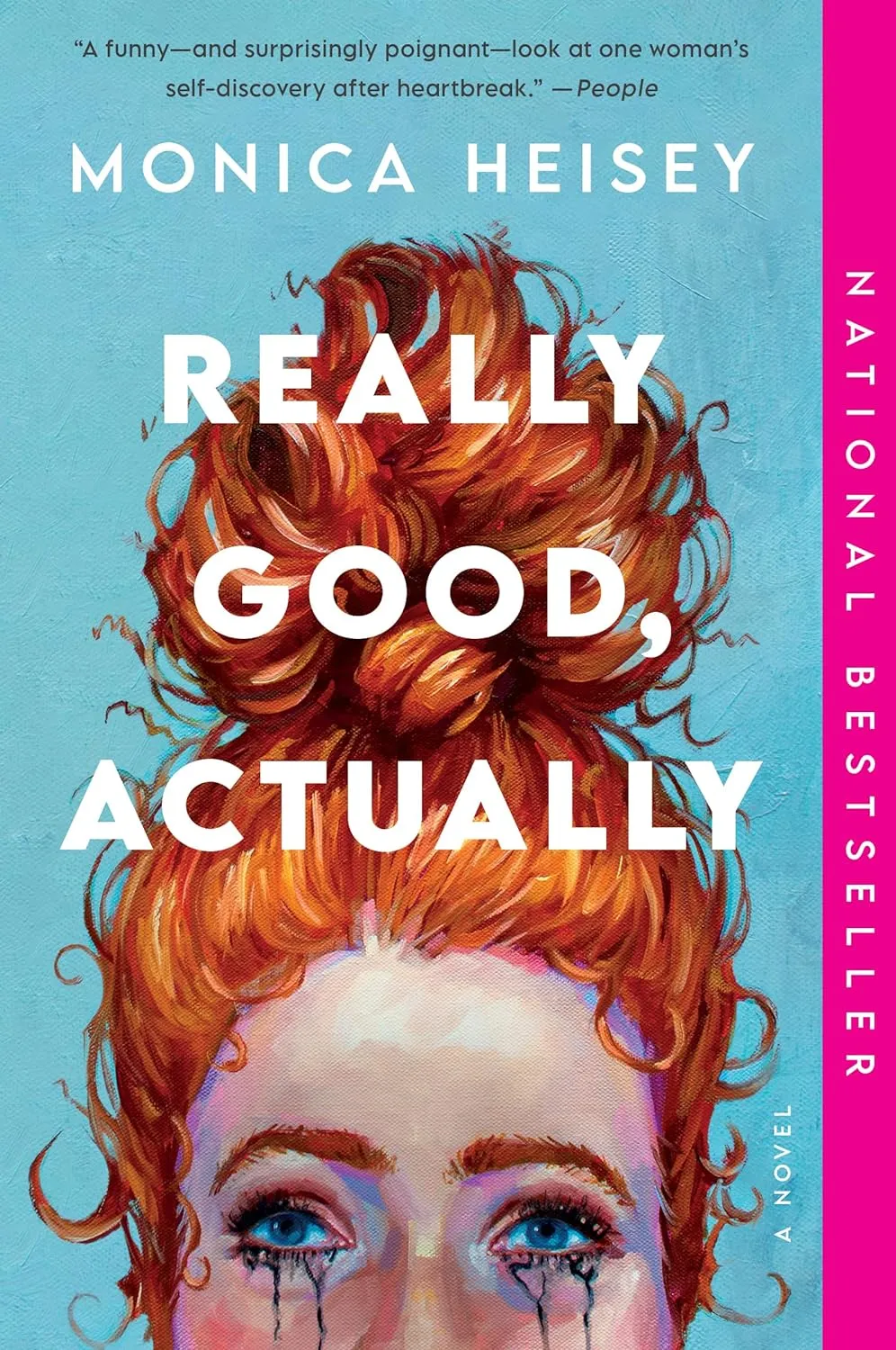
Really Good, Actually, by Monica Heisey
"A story about a woman struggling with her PhD and juggling a TA-ship amid a crumbling marriage ... ouch. Grad life can be hard. A relatable book, yet hilarious!"
— Guilherme Lichand, Assistant Professor
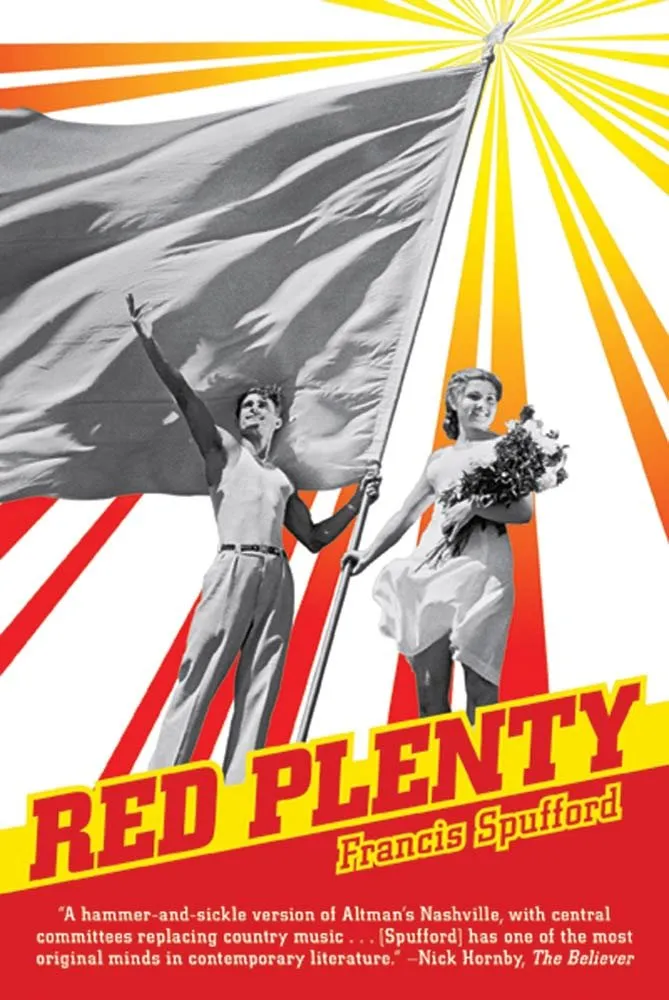
Red Plenty, by Francis Spufford
"This is a great story based on Khruschev’s (and Russian math economists’) attempt in the 1960s to outdo U.S. market capitalism in increasing mass consumption by using the communist command and control production system. My description sounds awfully nerdy, but the writer makes it exciting and seemingly achievable — until it all fails."
— Martin Carnoy, Lemann Foundation Professor
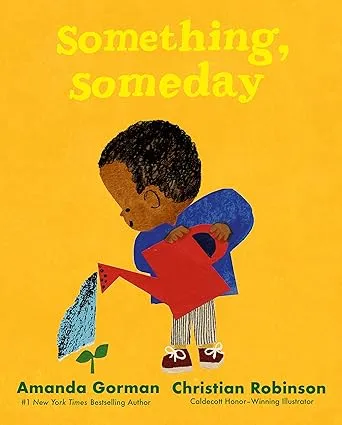
Something, Someday, by Amanda Gorman & Illustrations by Christian Robinson
"For adults and children alike, sometimes it feels that our problems are just too big. This book reminds us, 'But together, we are bigger.' I read this book with my daughter, and I loved sharing the hopeful message that collectively we can tackle big problems, and that together we can bring about change."
— Rebecca Silverman, Associate Professor
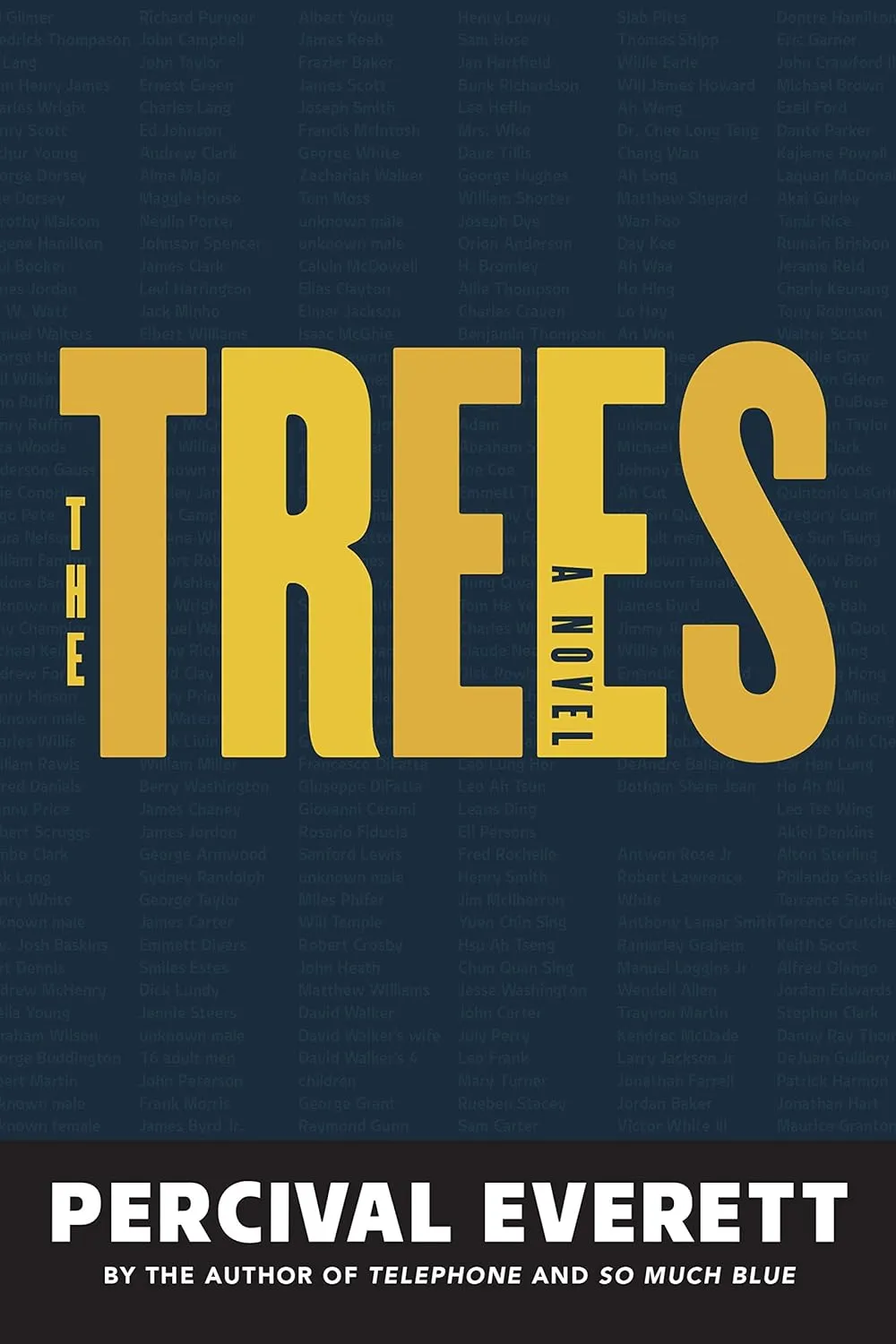
The Trees, by Percival Everett
"It's a page-turner of noir detective novel that is playful, fantastical, and also deadly serious about racial justice."
— Sarah Levine, Assistant Professor

